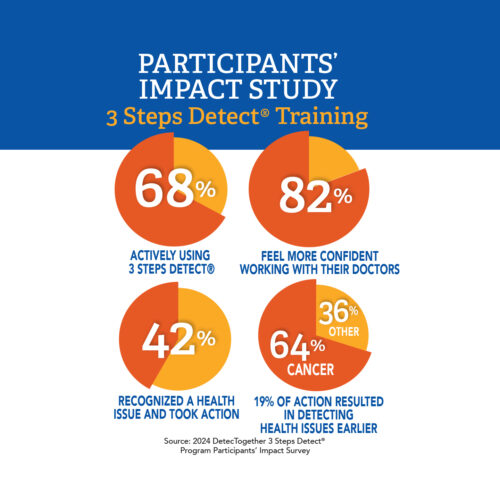
Thousands of women in the US are diagnosed with some form of gynecologic cancer each year. These are things that people don’t like to talk about and that doctors have a hard time treating.
Here’s what you need to know and how to detect these cancers earlier:
- Cervical, ovarian, and uterine are the most common types of gynecologic cancer.
- Many women feel embarrassed to talk to their doctors about “that part” of their body.
- There are 150 strains of HPV, a dozen of which can cause cancer. The HPV vaccine can prevent the most common cancer-causing strains of the virus. Studies show the vaccine has been doing a good job of cutting the cancer risk.
- The BRCA1 and BRCA2 genes aren’t the only concerns when it comes to gynecologic cancer. Approximately 24 genes have been associated with a greater chance of developing ovarian cancer, that’s why it’s so important to discuss your personal and family history with your doctor. Fill out a family history form before you next see your doctor.
- Cervical cancer is the only one of these types of cancers to have a reliable screening tool.
- While there’s no screening for uterine cancer, its first symptom—unexplained bleeding—tends to show up early, so go to your doctor if you notice this symptom. Even if it’s a tiny bit of blood, mention it to your doctor.
- 70% of ovarian cancers reach Stage III or IV before they’re even diagnosed.
- There’s been controversy over how frequently women need to get a Pap smear and a pelvic exam. You should see your gynecologist once a year.
Be an empowered patient and make sure you get the level of care you deserve. Start by learning more about 3 Steps Detect education.






